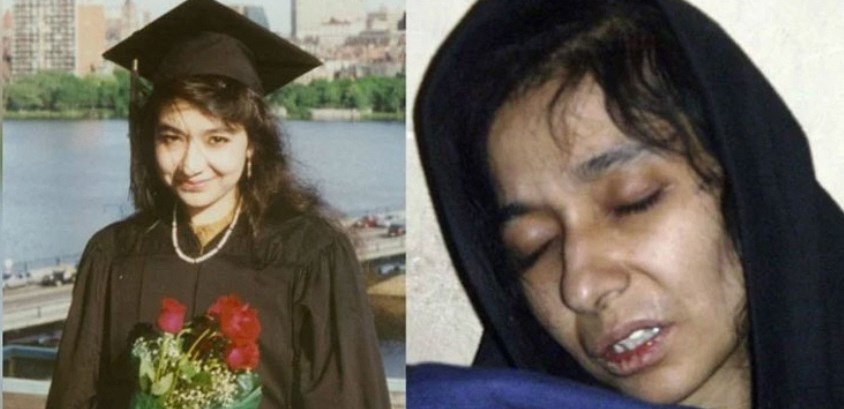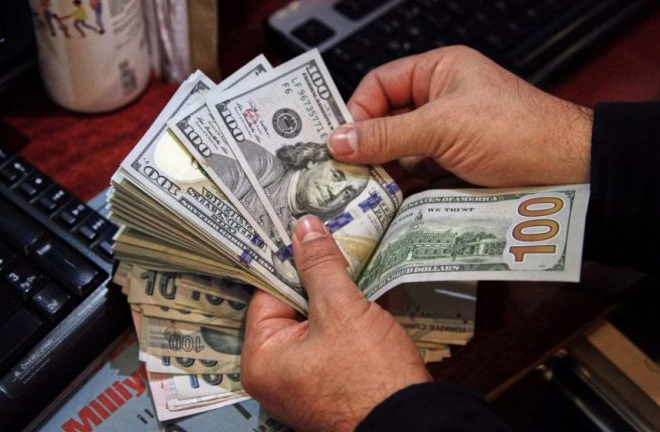
US Maintains Silence on Diplomatic Talks Regarding Aafia Siddiqui
On October 23, 2024, sources confirmed that the United States is continuing its policy of keeping diplomatic communications on the case of Dr. Aafia Siddiqui private. Despite ongoing public interest in Pakistan, particularly from political and religious groups demanding her release, there has been little transparency from the U.S. government on any developments in her case. Dr. Aafia Siddiqui, a Pakistani neuroscientist, has been imprisoned in the U.S. since 2010, convicted on charges related to terrorism.
While the Pakistani government has repeatedly raised the issue with U.S. officials, including recent discussions during high-level diplomatic meetings, there has been no public acknowledgment of any progress. This has led to increased frustration among her supporters in Pakistan, many of whom continue to push for her repatriation. U.S. officials have reportedly cited legal and security concerns as reasons for the ongoing silence, refusing to confirm or deny any active negotiations.
This lack of transparency has sparked renewed protests in Pakistan, with demonstrations taking place in major cities like Karachi and Lahore. Aafia Siddiqui’s case remains a highly sensitive issue in Pakistan, with many viewing her imprisonment as unjust and politically motivated. The U.S. government’s refusal to make public statements on the matter is seen as a diplomatic challenge, as Pakistani officials try to balance public sentiment with maintaining strong ties with the U.S.
The lack of clarity on Aafia Siddiqui’s case is a recurring point of contention, with many in Pakistan calling for stronger governmental efforts to secure her release.







